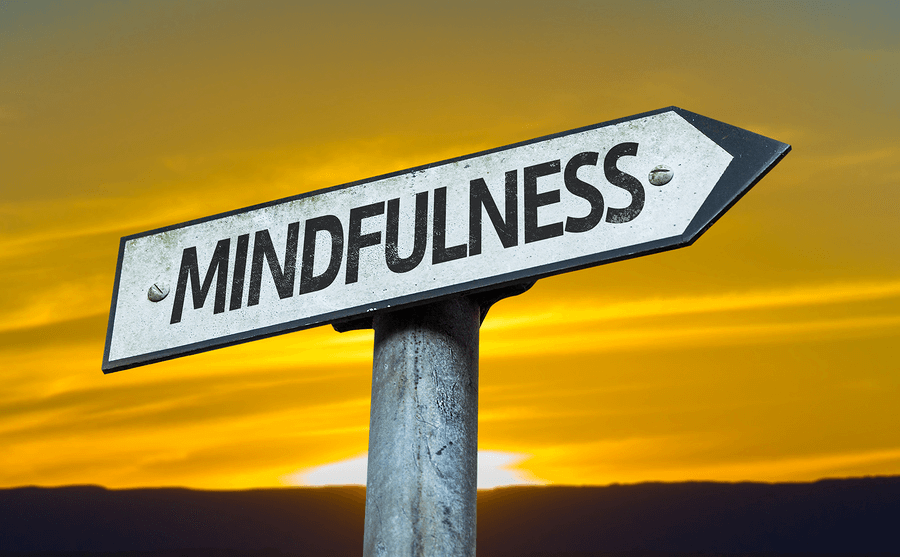Incorporate Mindfulness into Daily Routine
Mindfulness is a widespread practice that involves being fully present in the moment. It encourages awareness of your current thoughts and feelings without judgment and can help you reduce stress and improve your mental health. Buddhist monks have been practising mindfulness for over two millennia, and the NHS recommends it to improve mental well-being.
You can quickly introduce simple mindfulness practices like deep breathing exercises and meditation into your life, even with a busy schedule. When cleaning your home, for example, view it as a positive exercise in stress relief and focus on nothing else when you are doing it.
You can even apply mindfulness to eating by putting down your phone and focusing entirely on the sensation and taste of the food.
Prioritise Nutrient-Dense Foods
When deciding what to eat for a meal, cut down on ultra-processed foods loaded with sugars and unhealthy fats. These can cause long-term health issues, like an increased risk of heart disease. Instead, introduce more healthy foods like walnuts and berries.
Eating a balanced diet of nutrient-dense whole grains, vegetables, fruits, and lean proteins gives
your body the tools to thrive and keep you healthy. It will strengthen your immune system, support digestion, and help you maintain a healthy weight with fibre, minerals, and antioxidants.
You can also incorporate superfoods like lion’s mane mushrooms, which have gained popularity for helping with cognitive tasks. It’s long been used in traditional Chinese medicine, and you can take it as a capsule supplement or cook it in full mushroom form.
Embrace Regular Physical Activity
Consistent exercise is one of the most useful things you can do for your health. It’s good for the heart, bones, and muscles and releases endorphins to improve mood. Exercising doesn’t necessarily mean you have to be in the gym for two hours a day, six days a week – you can easily fit it into daily life.
Activities like brisk walking, yoga, and attending dance classes can be enjoyable and offer impressive physical and mental health benefits. Aim to gradually build up to half an hour a day of whatever activity suits you best.
Establish a Consistent Sleep Schedule
High-quality, uninterrupted sleep will support your mental clarity and immunity. It helps the body repair and is one of the most essential tools for reducing stress.
Create a restful bedroom environment to improve your sleep and establish a consistent schedule. Maintain a cool temperature and limit screen time an hour before bed to cut blue light, which disrupts melatonin production. Wind down earlier in the evening with a calming routine, maybe with a cup of black tea and a good book.
Foster Social Connections
Humans are social creatures. We need strong social ties for our mental and emotional well-being, so if you’re worried about spending too much time alone, reach out to family and friends.
Consider joining community groups and clubs that align with your interests, whether the local environment, card games, or anything else you feel passionate about.
Big Impacts
Despite not feeling like immediate life-changers, implementing these small changes can help you experience significant quality-of-life improvements in 2025 and beyond.

